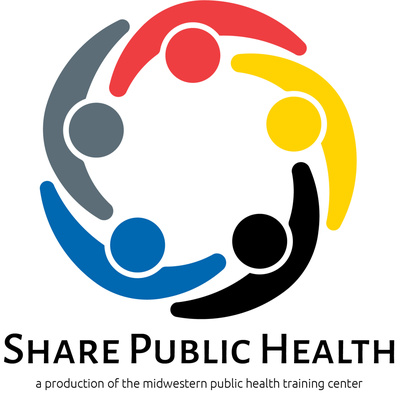Partnering for Medical Countermeasure Distribution in Emergencies Toolkit
Providing antibiotics, antivirals, vaccines, and other supplies effectively during emergencies requires coordinated public-private collaboration. Northwest Center for Public Health Preparedness developed this toolkit to help public health agencies accomplish this by partnering with hospitals, long-term care facilities, and pharmacies when the need arises. The toolkit includes multiple formats of documents, videos, and slide sets that can be modified to meet your needs during a variety of disasters. Included in the toolkit are: a webinar on creating strong partnerships with pharmacies, templates and discussion materials to help agencies engage community partners, and education resources on dispensing medical countermeasures.
Developing Effective and Sustainable Medication Dispensing Strategies
This toolkit has been created for local health departments (LHDs) to show how CDTAs can be developed for emergency events. The Collaborative Drug Therapy Agreement Toolkit was developed as a joint effort between Seattle & King County Advanced Practice Center, Public Health—Seattle & King County, the Northwest Center for Public Health Practice, the Washington State Pharmacy Association, and the Washington State Board of Pharmacy.
Mass Prophylaxis: Point of Dispensing Field Operations Guide
The purpose of this document, from Washington State Region IV Public Health, is to provide a standardized mass prophylaxis point of dispensing (POD) field operating guide (FOG). It describes how to set up and manage points of dispensing (PODs) or mass prophylaxis centers that are scalable, adaptable in the field, and meet the CDC Division of Strategic National Stockpile (SNS) guidance standards.
Inclusive Just-in-Time Training for Mass Prophylaxis/POD Operations
This toolkit from the Multnomah County Advanced Practice Center is designed to support individuals responding to a public health emergency. Its approach to training is aligned with best practice from the field of adult learning theory. This toolkit is designed to be adaptable to the changing environment of an emergency response and includes tips on how to integrate I-JITT into a local response, whether training lasts five minutes or an hour.




